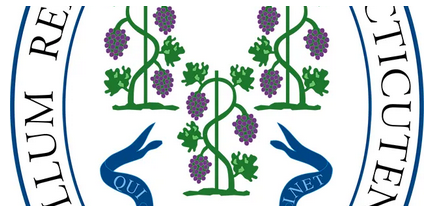Squatting is amongst the least recognized yet most controversial elements of house laws and regulations, and lots of people Connecticut have questions regarding their legal rights regarding squatting. If you are a home-owner or even a tenant, you ought to comprehend the legal structure that governs the application of a person else’s residence. This web site post will check out squatters rights Connecticut to present you a review of your privileges, the lawful obligations of property owners, and the consequences of squatting.
Connecticut rules differentiates between trespassing and squatting. Trespassing takes place when an individual enters a person else’s residence without permission. Squatting develops when somebody gets into or stays on an individual else’s residence without permission for a enough time that they can state ownership less than certain situations.
Squatting is unlawful in Connecticut. Property owners have the right to get rid of squatters by force and without warning should they have not been authorized to get in or stay on your property. Squatters might be arrested and charged with legal trespass. Homeowners may also document a civil legal action against squatters for damages or even an eviction buy.
In Connecticut, a home manager must initiate the eviction process in the court, offering the squatter legal notice to leave the property prior to the eviction seeing and hearing. Although squatters do not possess the right to remain on somebody else’s house, these are eligible to because of procedure of legislation, which means they should be offered notice and the chance to protect themselves in court.
To guard yourself like a property owner, you can acquire numerous precautionary actions to prevent or cease squatting, like installing fences or symptoms suggesting the property is personal. Typical sessions to the house will also help recognize squatters early on preventing them from professing ownership of your property.
When you are a renter, it is important to understand your legal rights about squatting. As a legally binding deal, a lease agreement provides a tenant the legal right to occupy a rental house right through the hire. Property owners are responsible for evicting non-tenants. When a squatter is with a hire property, the property owner must follow the thanks eviction process to get rid of them.
Summary:
Connecticut Squatting legal guidelines usually are meant to guard home owners from the not authorized consumption of their components. Squatters can set home owners and renters in danger and will trigger significant financial and authorized problems. Even so, learning the legitimate structure and your proper rights as a property owner or tenant will help you shield yourself through the prospective effects of squatting. In case you have questions or need to have legal counsel about squatting in Connecticut, contact a qualified lawyer or attorney who can present you with the guidance and legal reflection you need.



